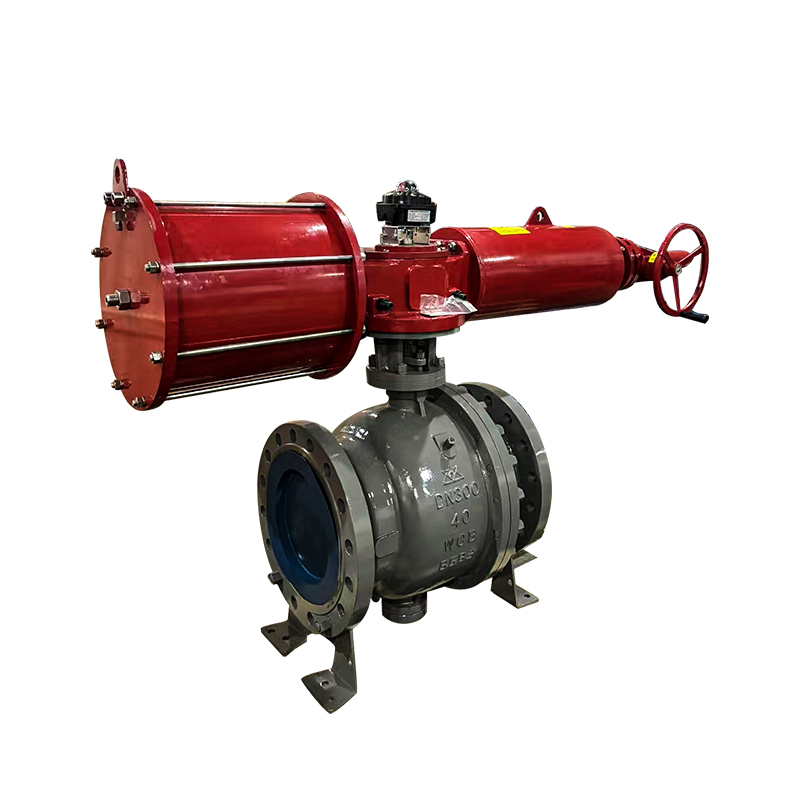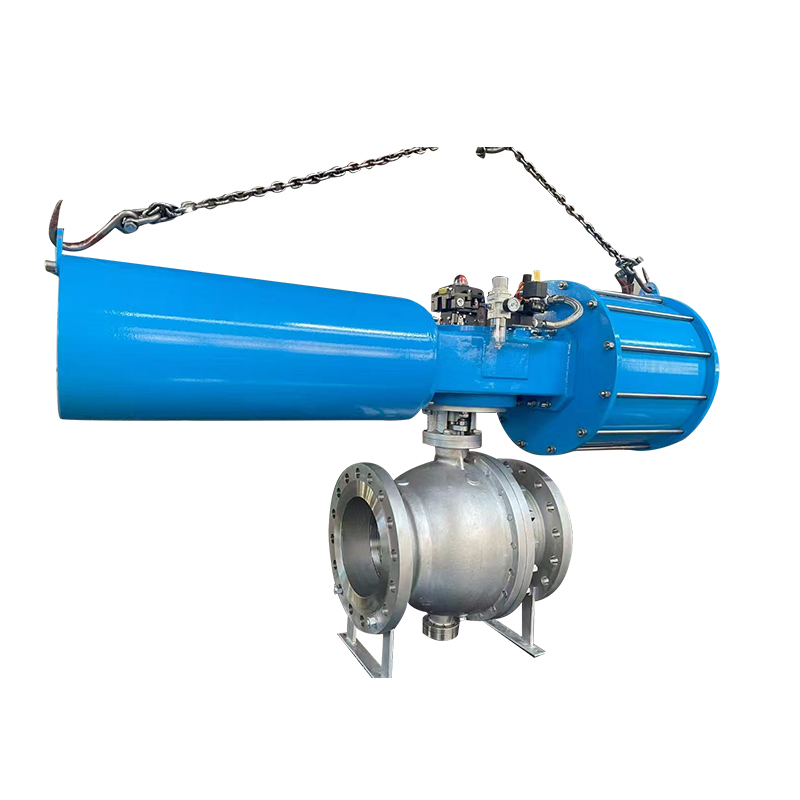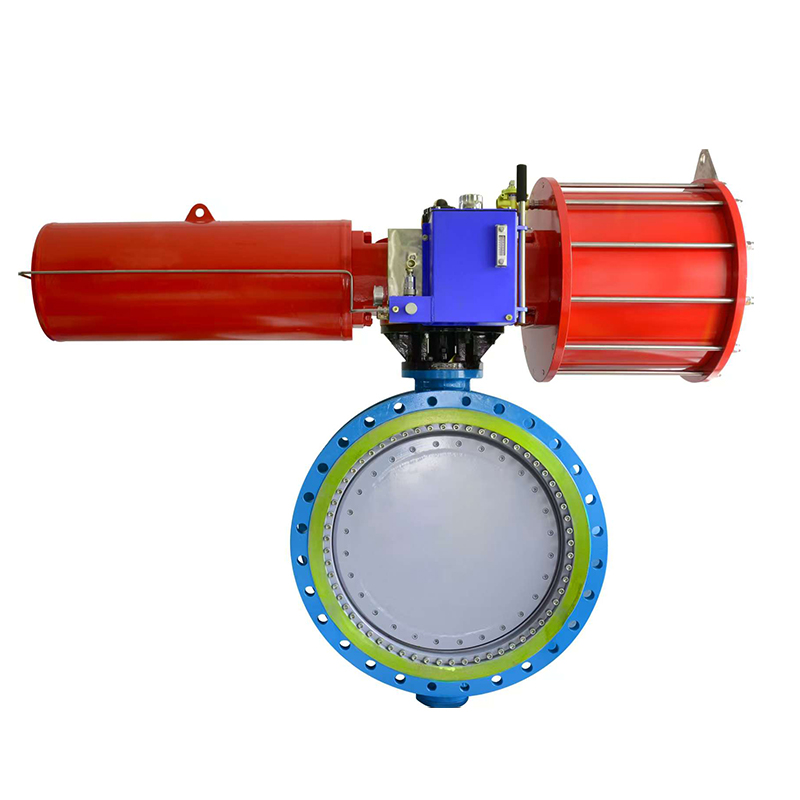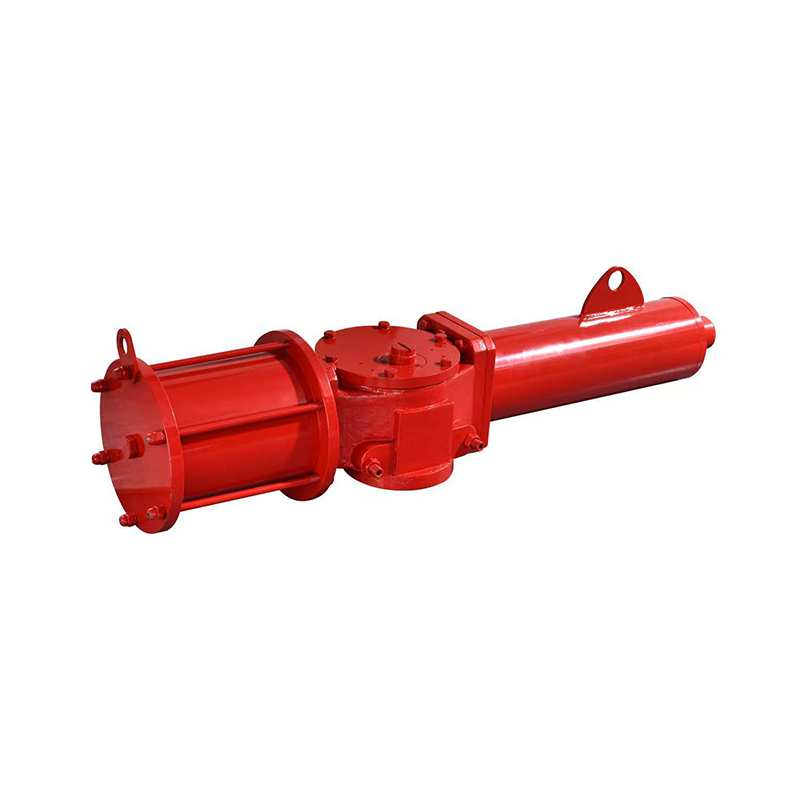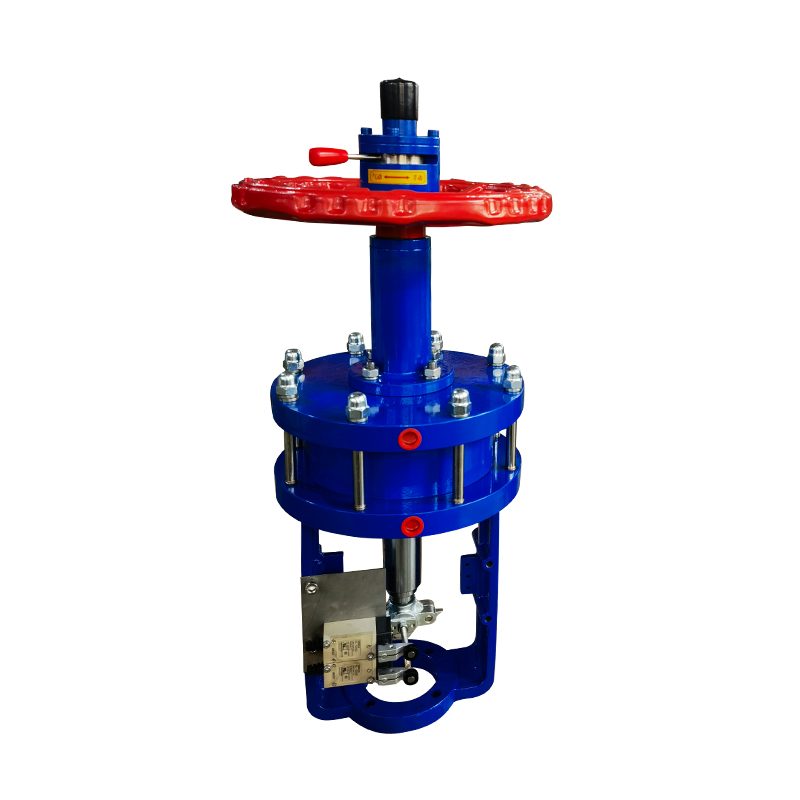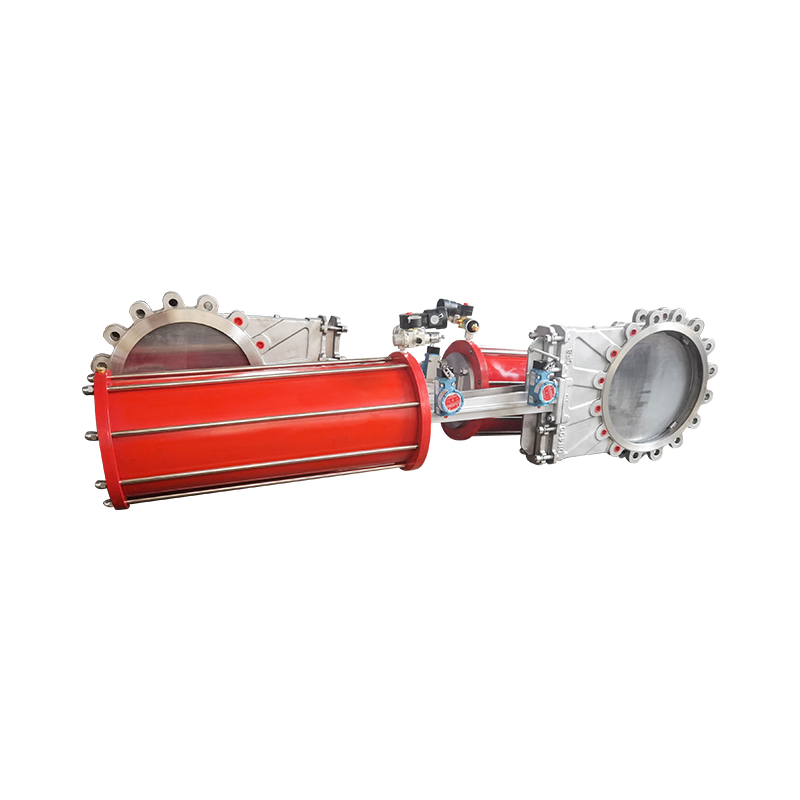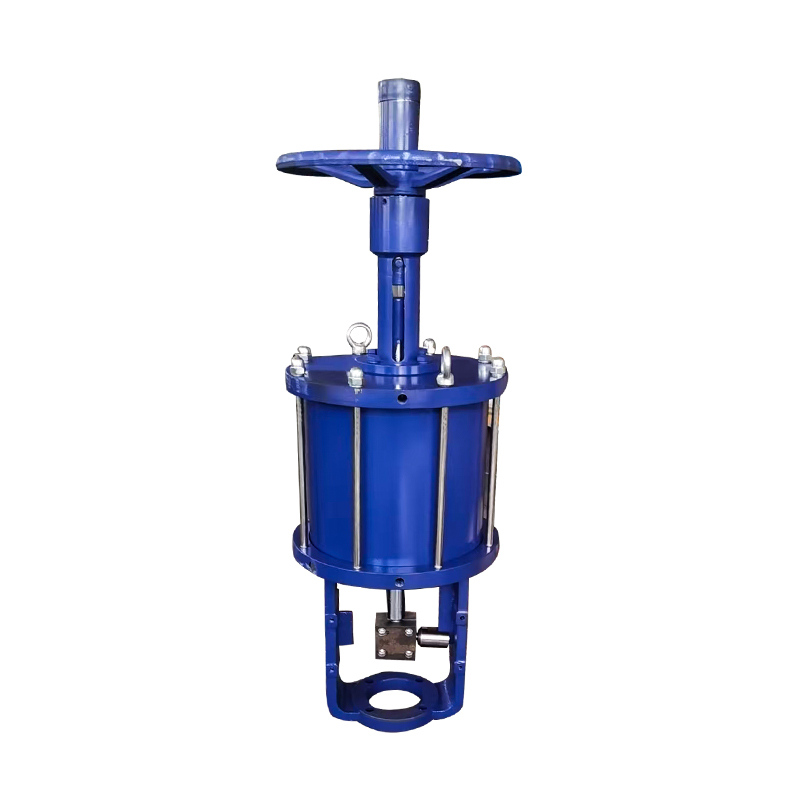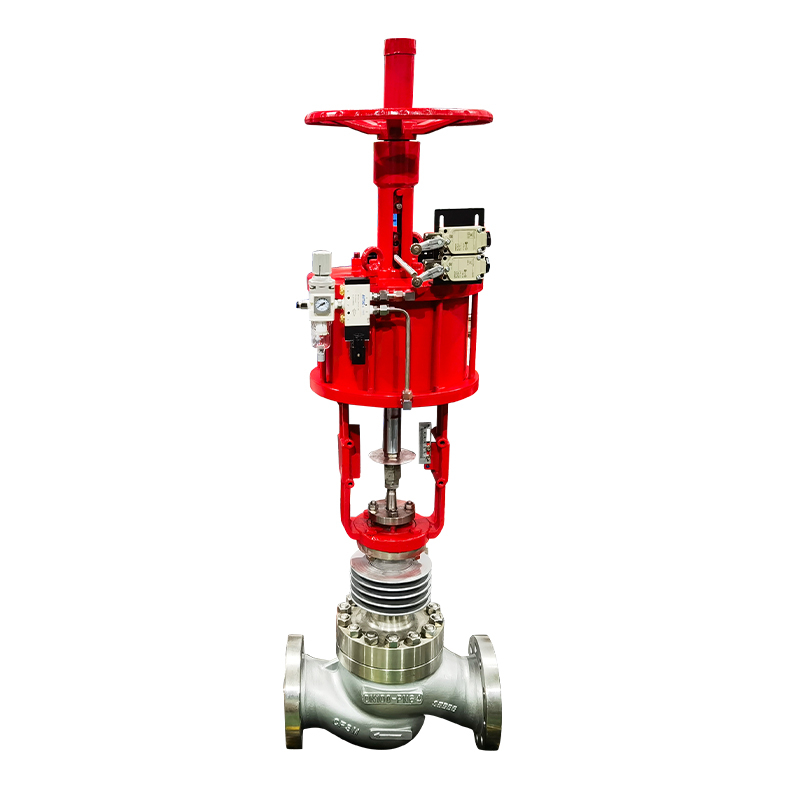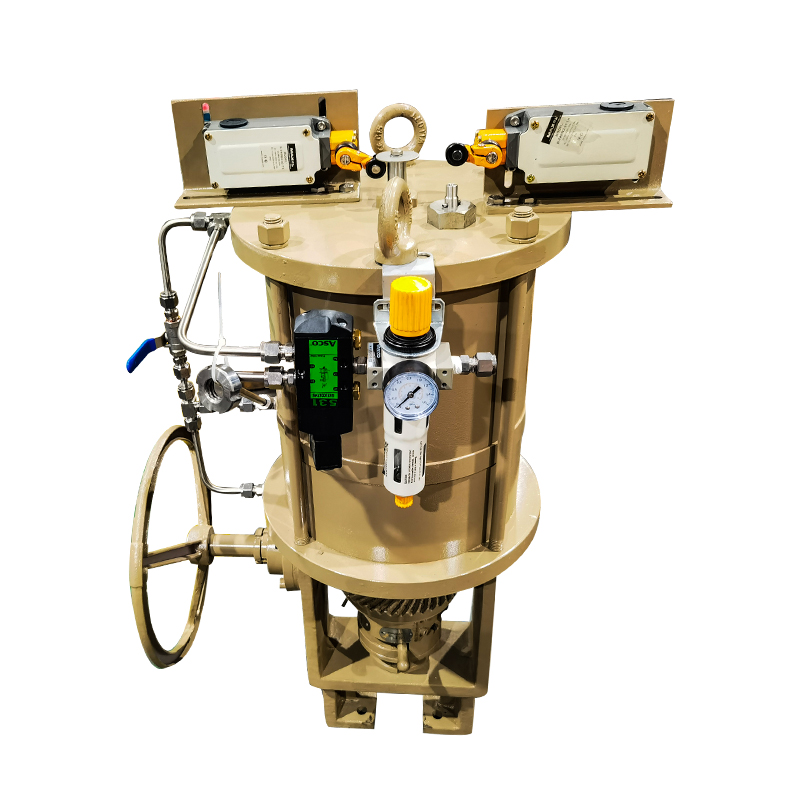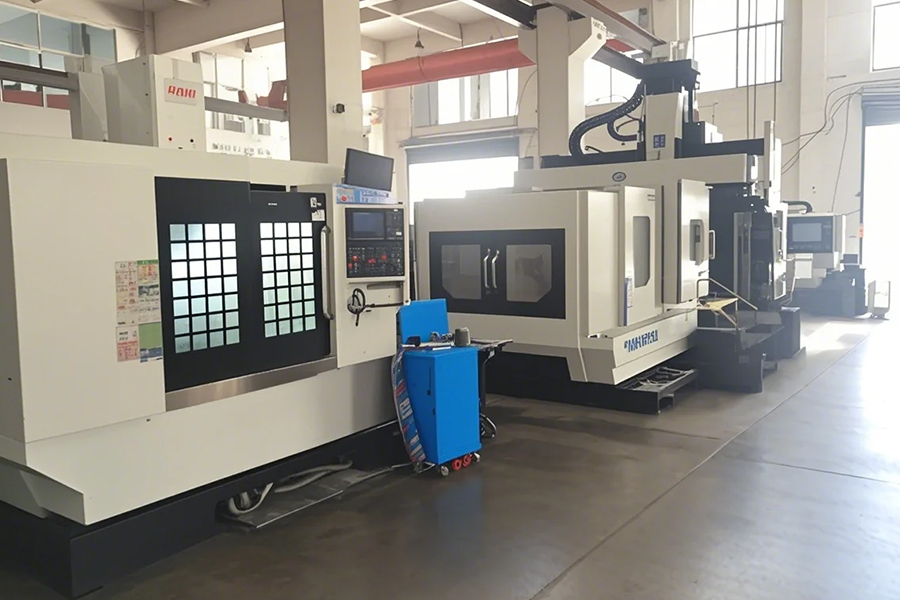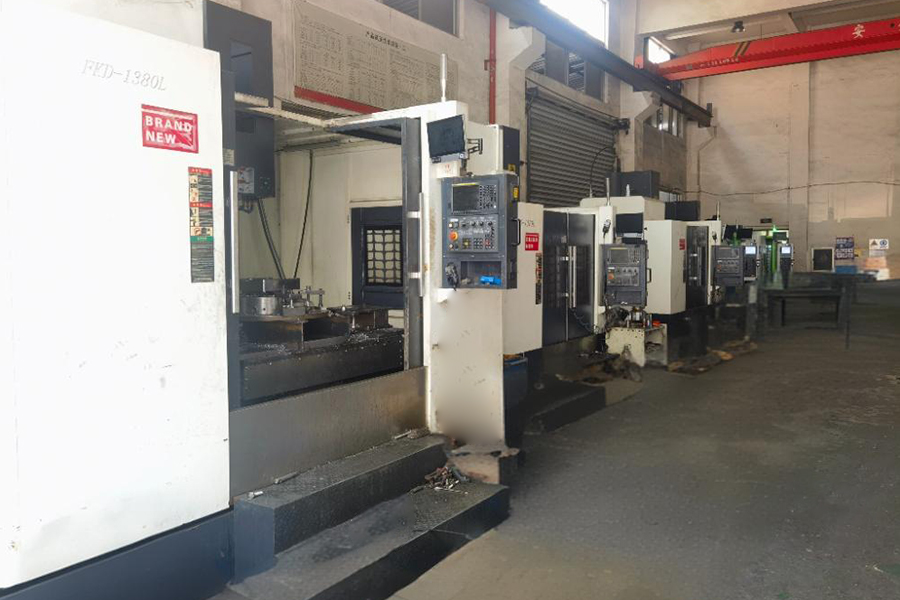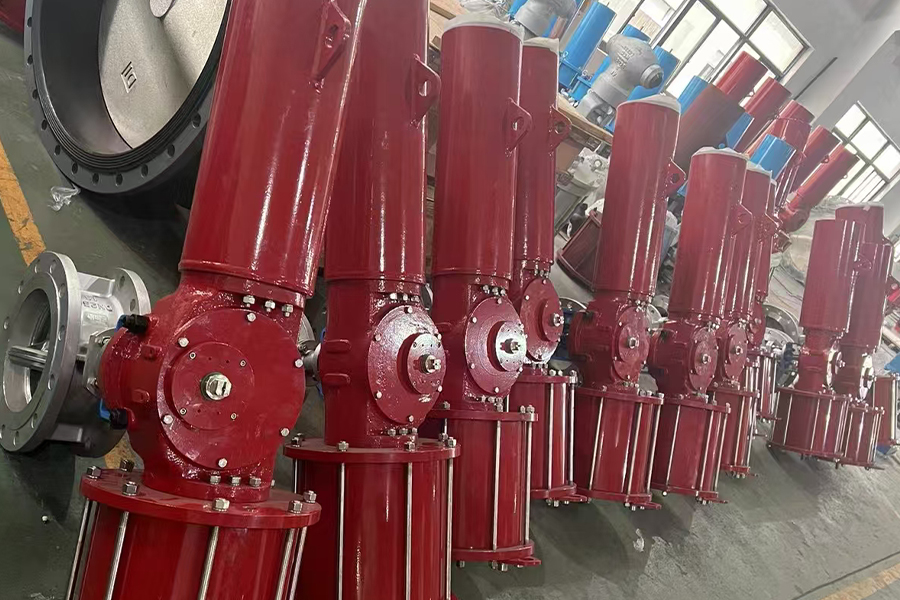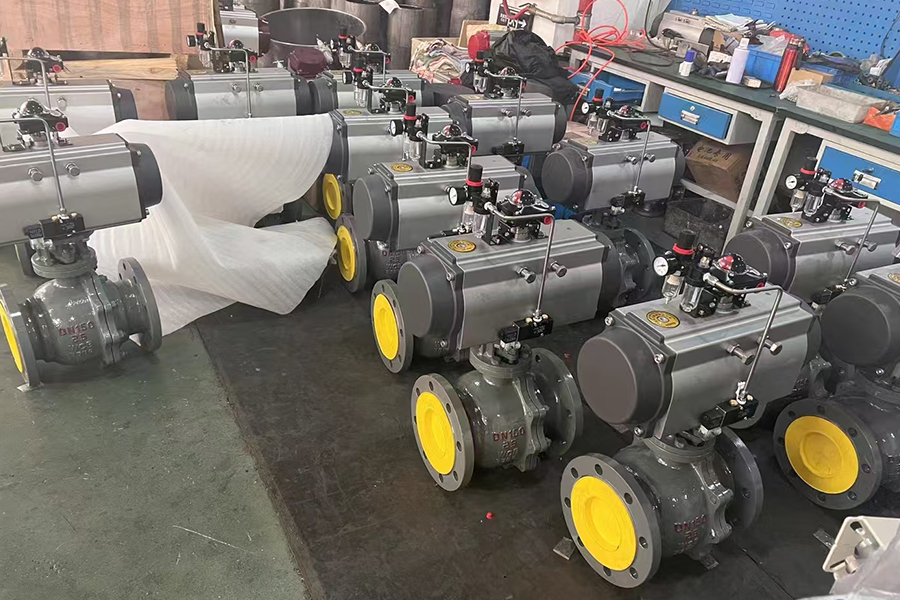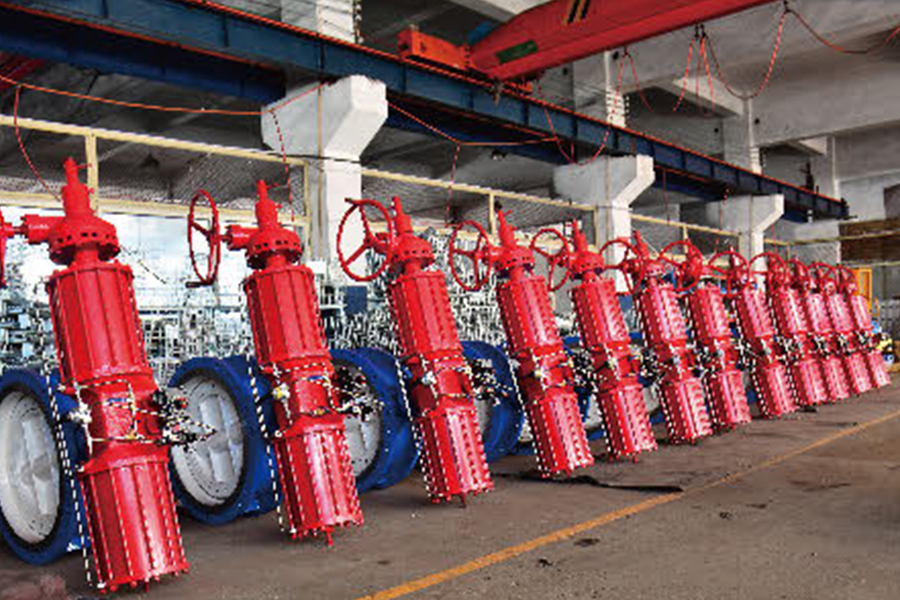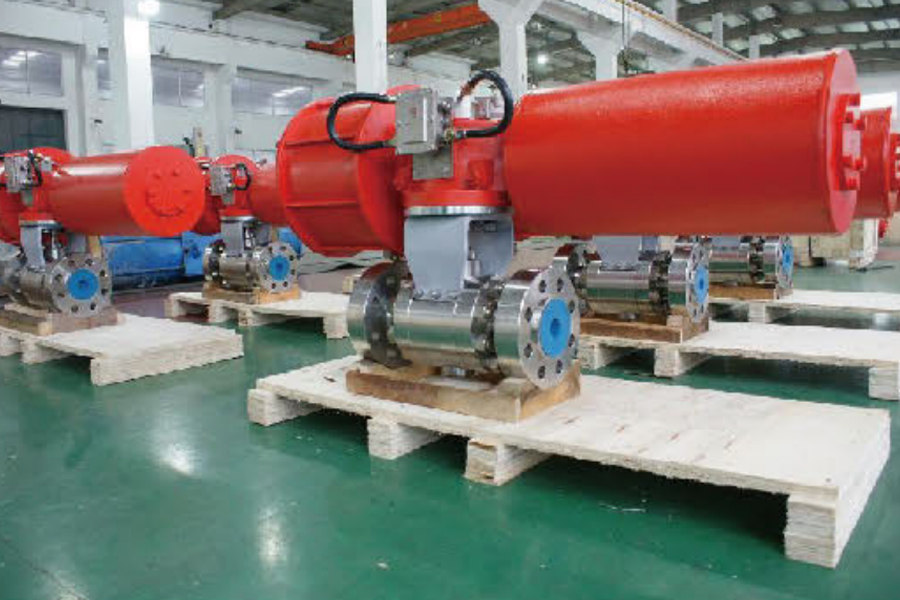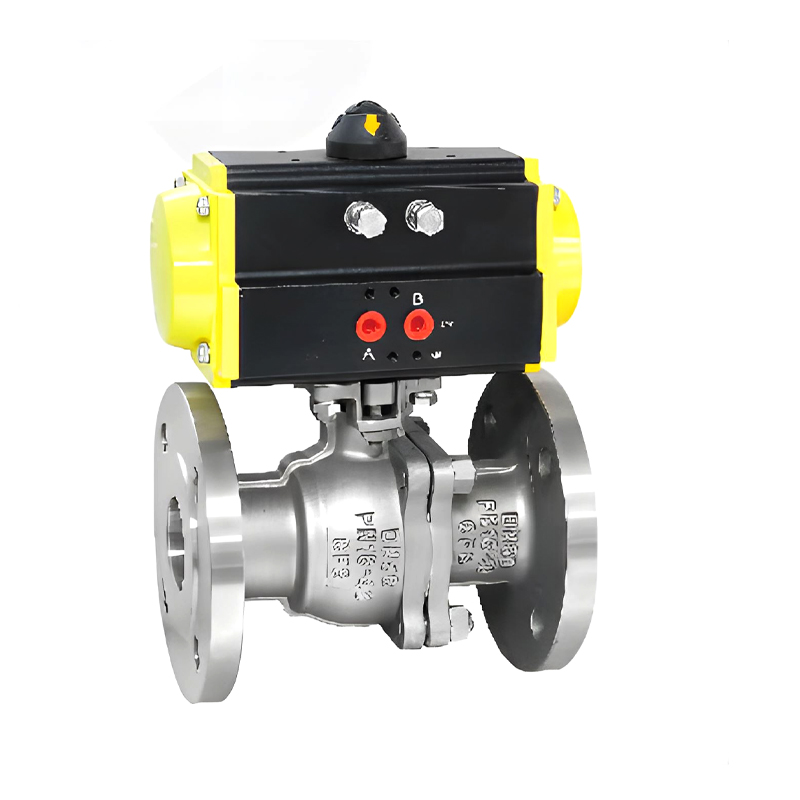
In industrial automation and machinery, precise control over air flow and pressure is essential for reliable operation. Piston Pneumatic Valves play a significant role in achieving this control, offering efficient and responsive performance for various pneumatic systems.
Efficient Air Flow Control
At the core of a Piston Pneumatic Valve is its ability to manage the flow of compressed air accurately. The piston mechanism opens and closes quickly, allowing controlled bursts of air to move actuators, cylinders, or other components. This precise control ensures that machines operate smoothly without lag or sudden movements, which can affect production quality.
By regulating air flow efficiently, piston pneumatic valves reduce wasted energy and maintain consistent output, enhancing overall machine performance. Their design allows rapid response times, which is particularly important in applications that require fast cycling or repetitive operations.
Durability and Reliability
The materials used in Piston Pneumatic Valves directly impact machine performance. High-quality stainless steel, aluminum alloys, or treated surfaces resist wear and corrosion, ensuring long-term reliability. Durable piston seals prevent air leakage, maintaining system pressure even under continuous operation.
Reliable valves reduce downtime and maintenance needs. For manufacturers or production lines, this means fewer interruptions and smoother workflows. By selecting valves designed for durability, engineers can maintain consistent machine performance over extended periods.
Precise Pressure Regulation
Pressure consistency is critical in pneumatic machinery, as fluctuations can affect actuator speed and accuracy. Piston Pneumatic Valves provide fine control over pressure, allowing machines to respond predictably. Some models feature adjustable pressure settings, enabling customization for specific tasks or materials.
Maintaining stable pressure also reduces wear on other components, extending the lifespan of cylinders, hoses, and actuators. By ensuring pressure is precisely regulated, piston pneumatic valves contribute to both performance and longevity of the machine.
Quick Response and Cycling
In high-speed operations, valves must respond rapidly to control signals. The piston design allows swift opening and closing, supporting rapid cycling without compromising accuracy. Piston Pneumatic Valves excel in applications such as packaging, robotics, or assembly lines, where timing is critical.
Fast response helps machines maintain consistent output rates while avoiding misalignment or errors caused by delayed air delivery. This responsiveness enhances productivity while ensuring processes remain smooth and controlled.
Integration with Automation Systems
Modern machinery often relies on automated systems that use sensors and controllers to manage operations. Piston Pneumatic Valves integrate seamlessly with these systems, responding to electronic or mechanical signals with precision.
Integration allows for synchronized movement across multiple actuators, improving coordination and efficiency. In robotic applications or complex production lines, this level of control is essential for maintaining product quality and operational consistency.
Piston Pneumatic Valves enhance machine performance through efficient air flow control, durable construction, precise pressure regulation, and rapid response. Their ability to integrate with automated systems further improves operational consistency, making them essential components in modern pneumatic machinery.
By selecting high-quality valves and maintaining them properly, manufacturers can ensure that machines operate reliably, reduce energy waste, and sustain high productivity. The design and functionality of piston pneumatic valves directly influence performance, demonstrating their importance in industrial applications.








